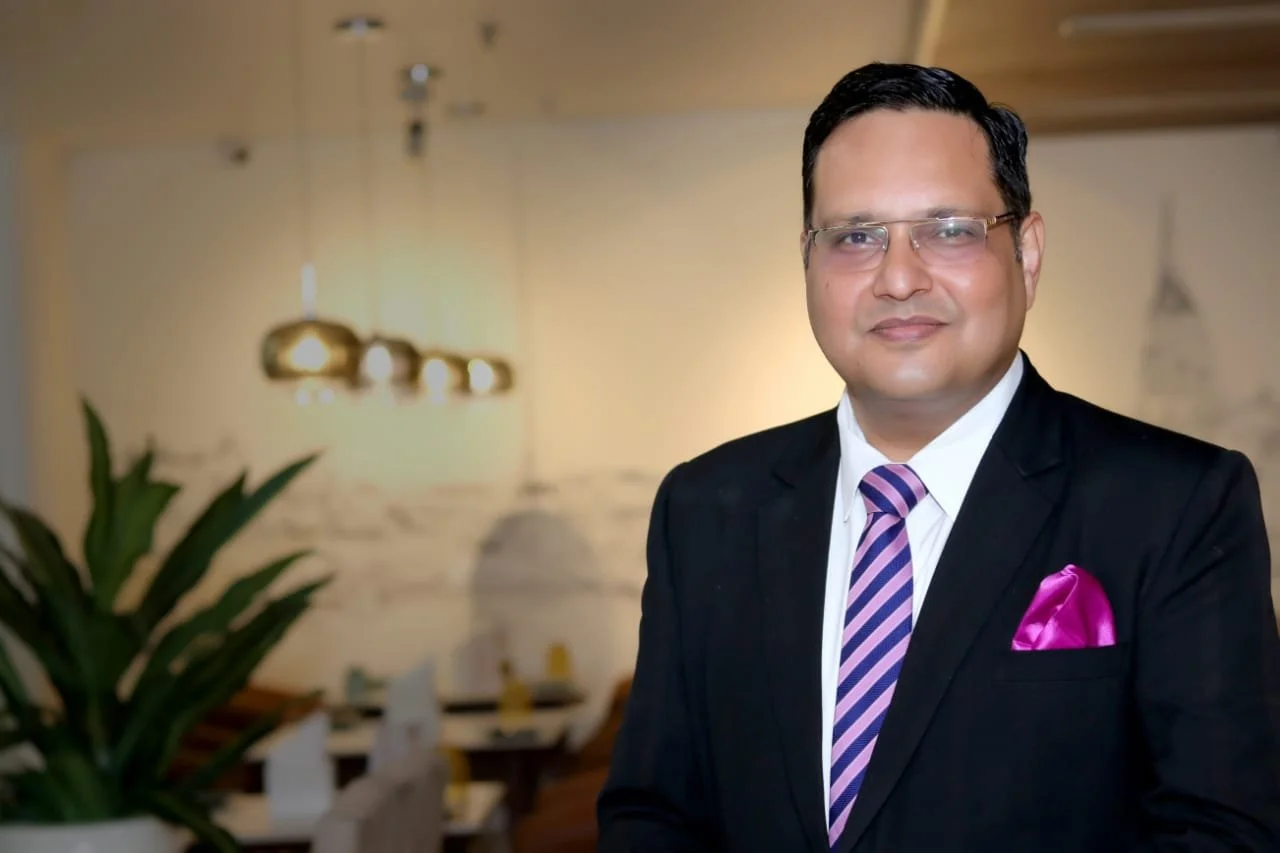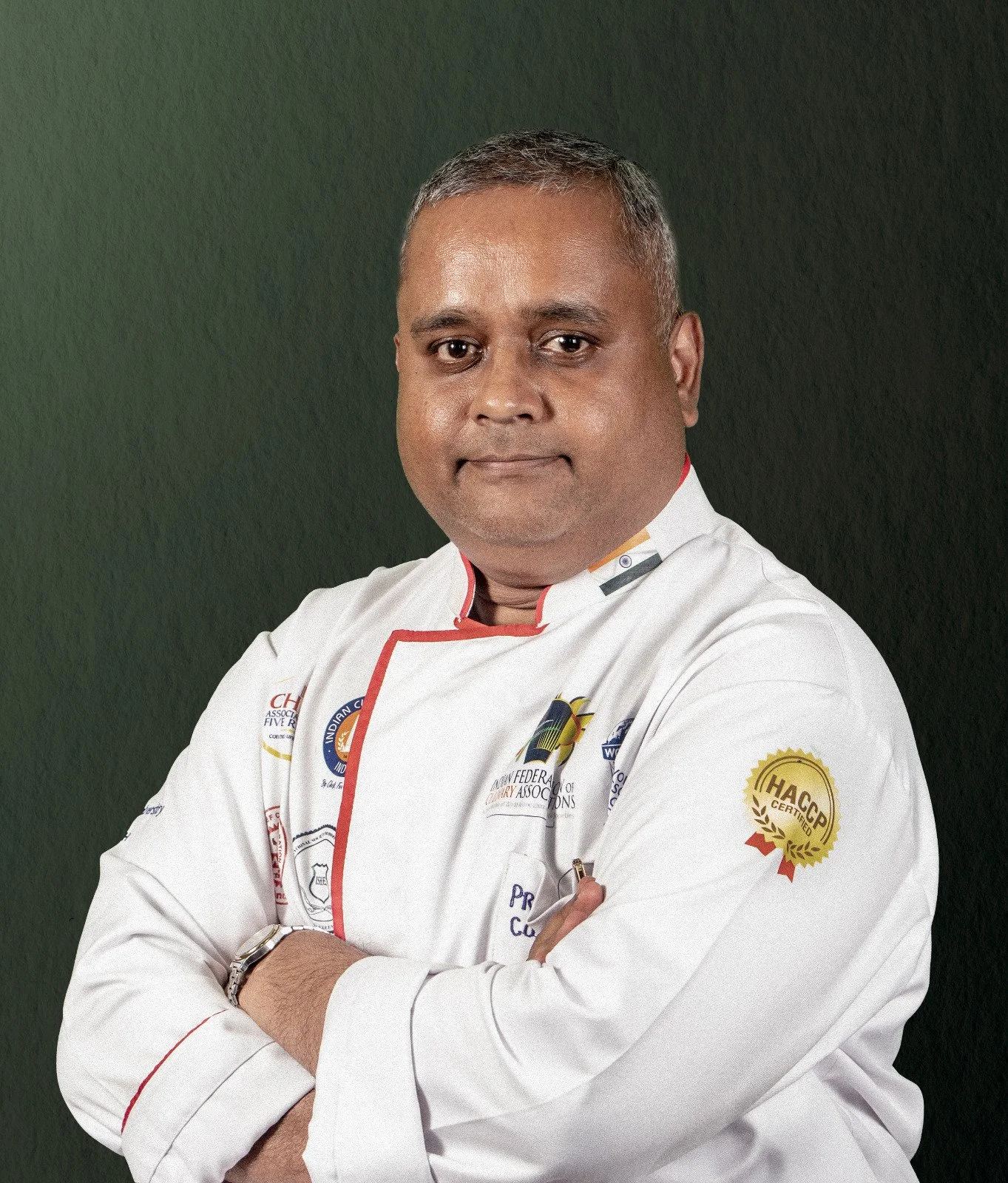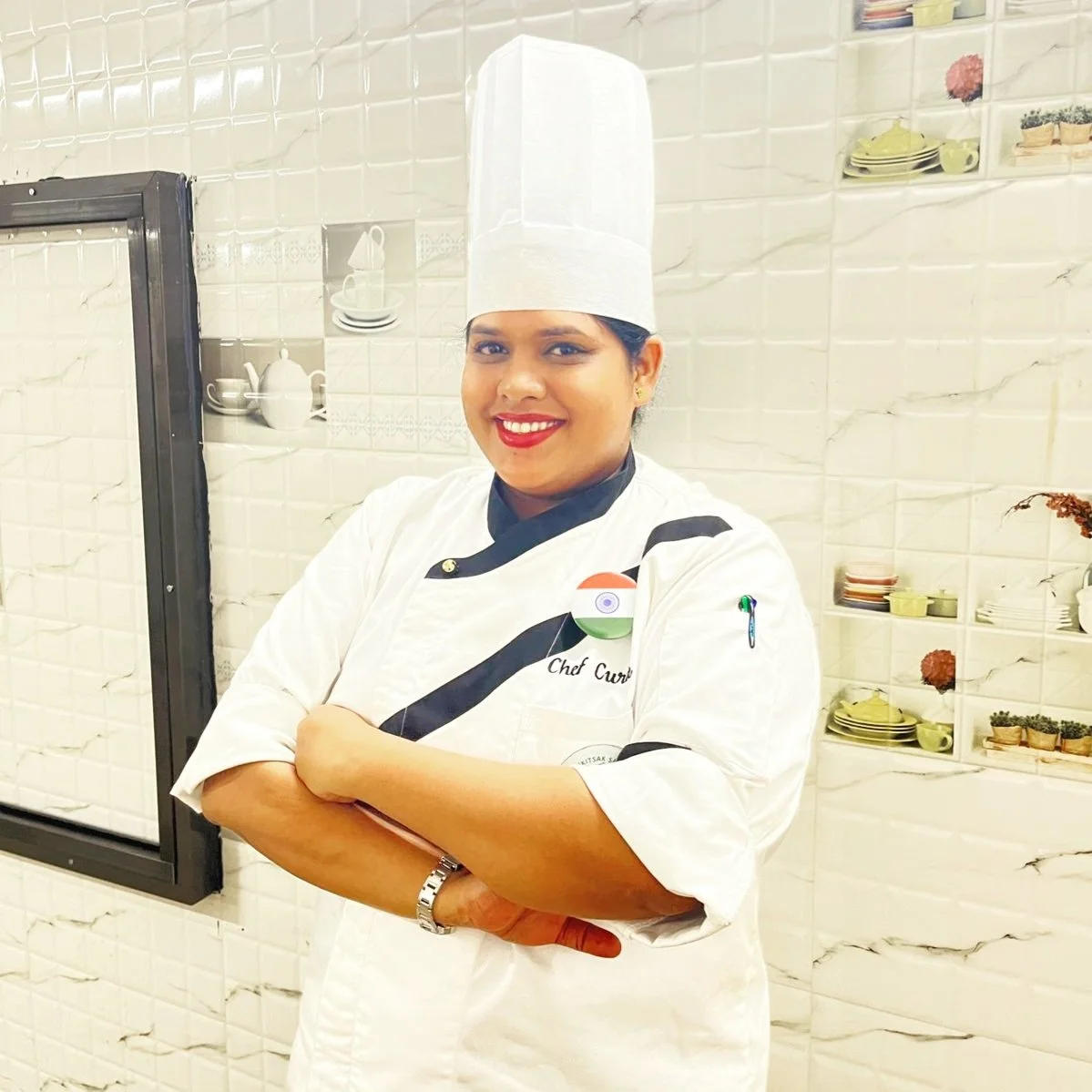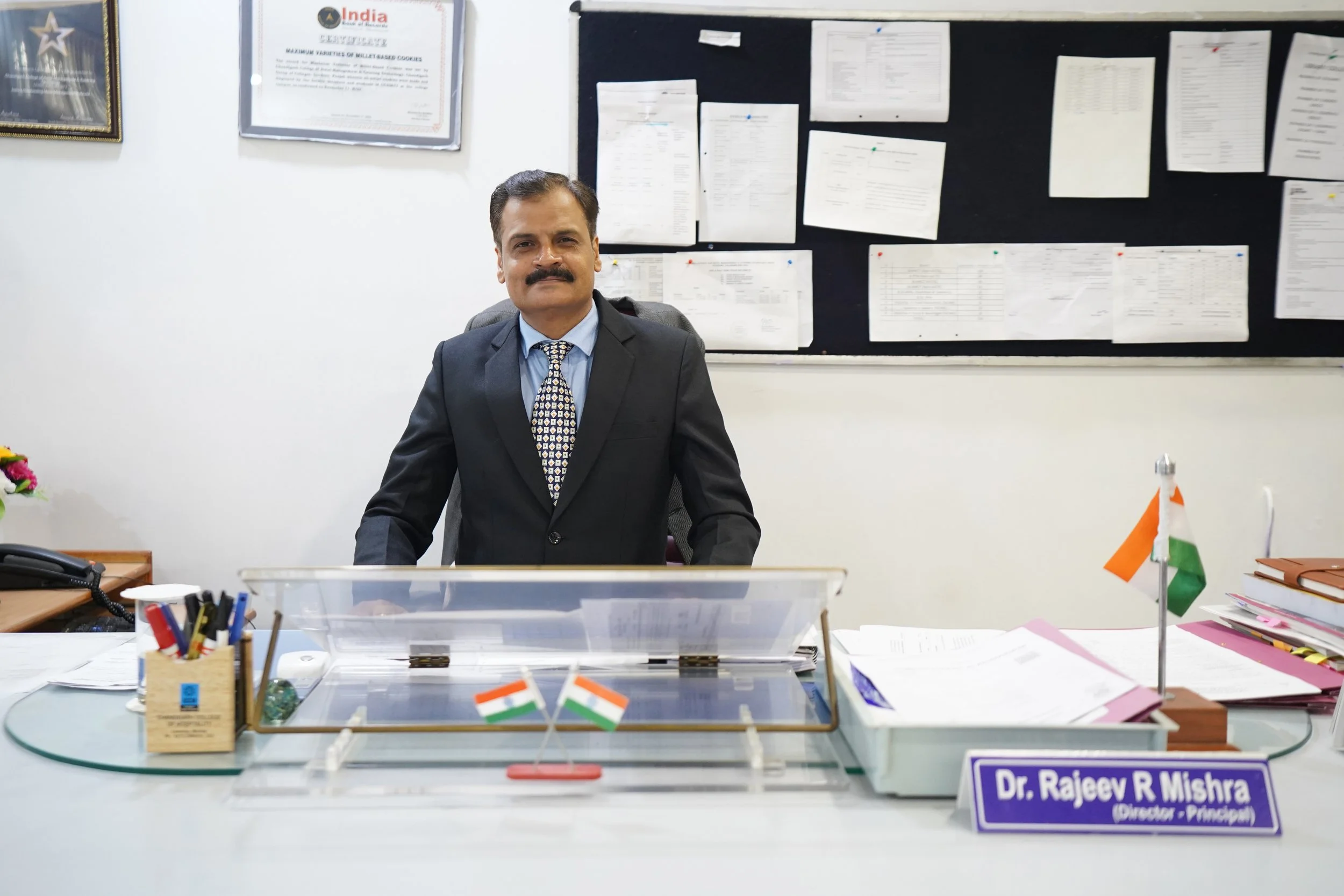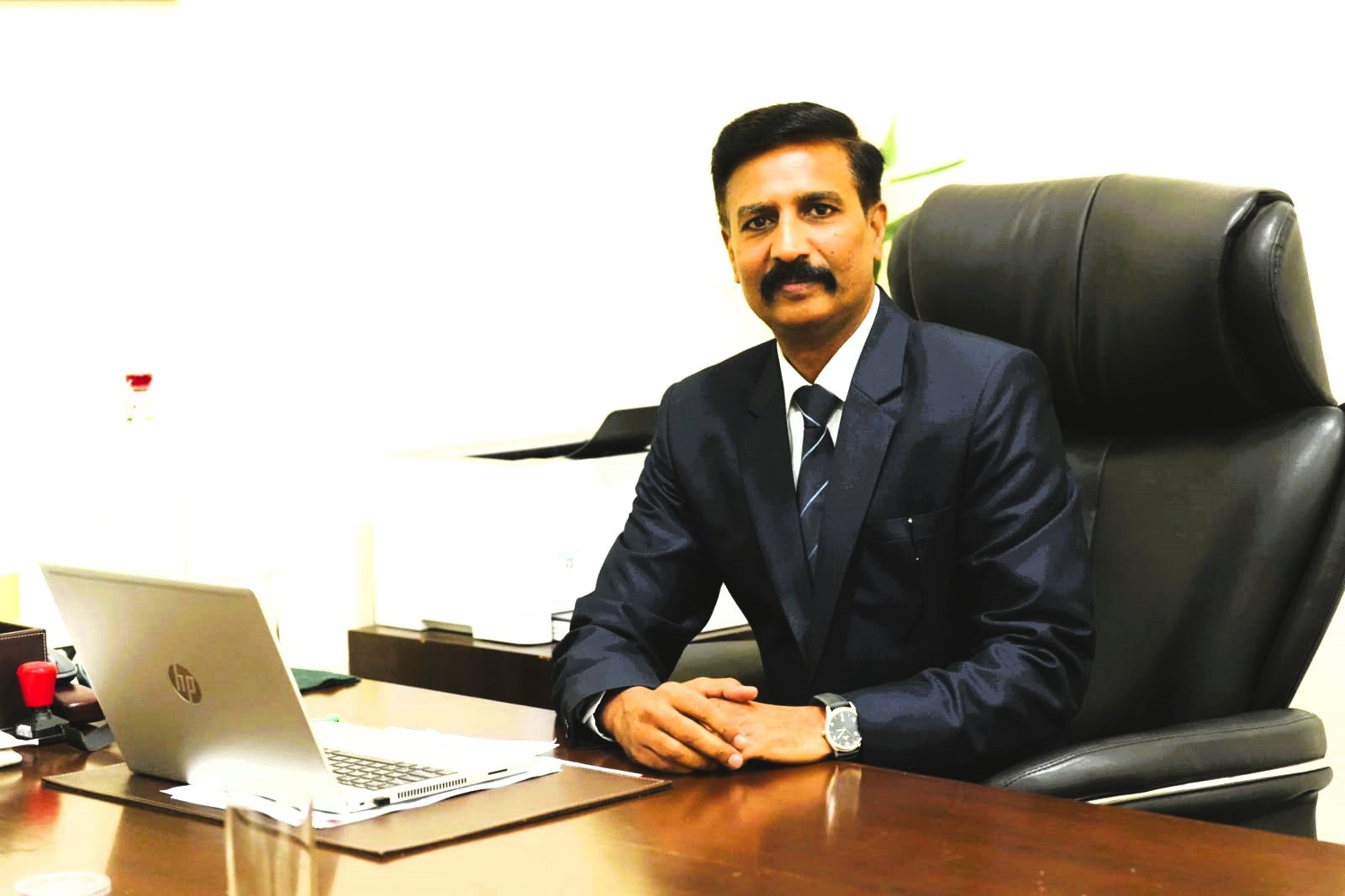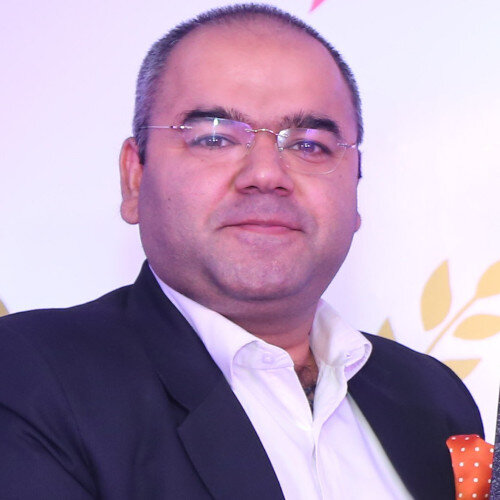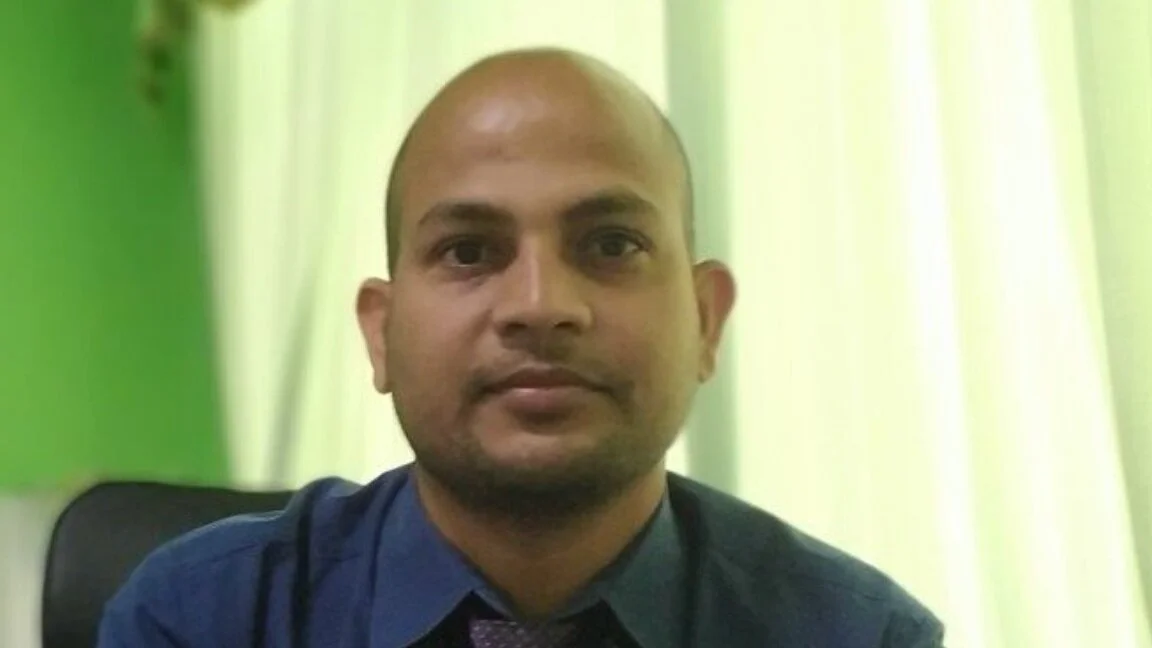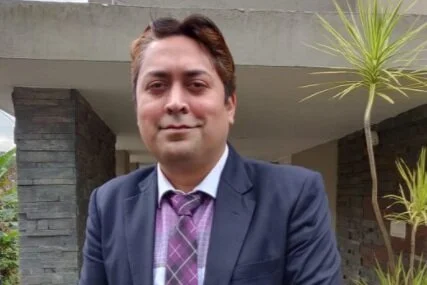Exclusive Interview l Dr. Shailendra K Rai, Associate Professor, Hotel Management, Jaipur National University, Rajasthan
/ Editor Hospemag“The future of the hospitality industry will likely be shaped by technology and sustainability.”
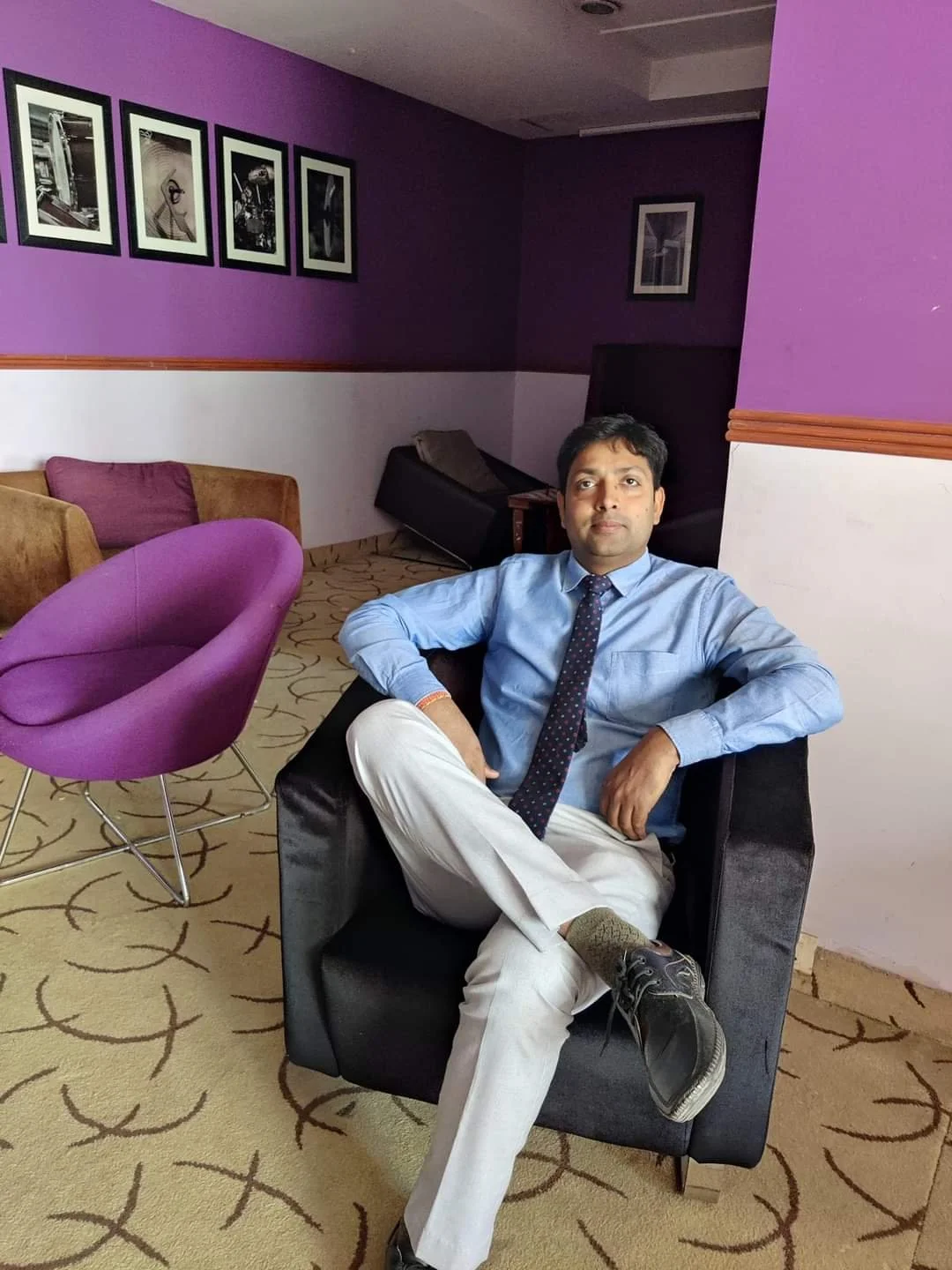
What inspired you to pursue a career in hospitality?
I have always had a passion for travel and meeting new people, which naturally drew me to the hospitality industry. I love the dynamic environment and the opportunity to create memorable experiences for guests. The ability to make a positive impact on someone's stay and see their satisfaction is incredibly rewarding.
What skills do you believe are essential for success in the hospitality industry?
Several key skills are crucial in this industry. First and foremost, excellent communication skills are essential. You need to be able to interact effectively with both guests and staff. Problem- solving skills are also vital because unexpected issues can arise at any time, and you need to handle them efficiently and calmly. Additionally, having a strong attention to detail is important to ensure that the guest experience is consistently excellent. Leadership and teamwork are also critical, as managing a hotel requires working closely with various departments to achieve common goals.
What do you think are the biggest challenges currently facing the hospitality industry?
The hospitality industry has been significantly impacted by the COVID-19 pandemic, and while we are in recovery mode, there are still challenges. One of the biggest issues is staffing. Many skilled workers left the industry during the pandemic, and attracting and retaining talent has been difficult. Another challenge is adapting to changing guest expectations. Guests are now more concerned about hygiene and safety, and there’s a greater demand for contactless services.
Additionally, the rise of technology has changed the way we operate, from booking systems to customer service. Hotels need to stay up-to-date with these technological advancements to remain competitive.
How do you see the future of the hospitality industry evolving?
The future of the hospitality industry will likely be shaped by technology and sustainability. Technology will continue to play a major role, with innovations like AI-driven customer service, smart room controls, and advanced data analytics to personalize guest experiences. Sustainability is also becoming increasingly important. Guests are more eco-conscious, and hotels will need to adopt sustainable practices, such as reducing waste, conserving energy, and sourcing locally.
Additionally, the focus on health and safety will persist, with enhanced cleaning protocols and possibly more contactless services. Overall, it’s an exciting time to be in the industry, with many opportunities for innovation and improvement.
Finally, what advice would you give to students currently studying hotel management?
My advice would be to gain as much practical experience as possible. Internships and part-time jobs in different departments will give you a comprehensive understanding of hotel operations. Network with professionals in the industry and learn from their experiences. Stay updated on industry trends and be open to learning new skills, especially related to technology. Most importantly, be passionate about what you do and always put the guest experience first. Hospitality is all about creating memorable experiences for guests, and if you focus on that, you’ll find success in your career.
The future of the hospitality industry will likely be shaped by technology and sustainability.Hard work yields rewards, especially in an industry witnessing constant growth and a persistent demand for highly skilled and experienced hospitality professionals.
Working in different countries provides students with a broader perspective and exposure to diverse cultures, which is valuable in the hospitality industry.Resilience is key—weathering challenges while upholding service standards. Above all, it's a passion for growth that keeps the industry moving forward, embracing innovation and striving for constant improvement.We in our Institute are also trying to build a work culture for our students, where we invite the industry for weekend jobs for our students. This initiative called "Weekend Skilling" was well received this year and 70 of our students were selected.Do not ever run after money when you are starting your career. Remember that whatever is taught to you during your academic days, those are very basic and just to create a strong base. With the expertise of your academic learning, you cannot become a Master Chef and cannot claim a high salary. Hence it is your responsibility to work under various Chefs and to learn and when you are learning you cannot run after money.Passion and commitment is the only key, Self motivation and setting up goals of self, and to constantly work towards your goals is the mantra.For aspiring culinary students embarking on this delectable journey, my advice is straightforward yet profound: embrace the virtues of patience and continuous learning.I advocate for the formalization of overtime compensation. This would not only reward employees for their additional efforts but also hold managers accountable for extending work hours unnecessarily. In the long term, this could lead to reduced attrition rates, increased employee motivation, and ultimately, an enhanced guest experienceSuccess is no accident. It is hard work, perseverance, learning, studying, sacrifice and most of all, love of what you are doing or learning to do. You need to be patient. Slowly and steadily the whole thing will be built.A lot of negative messaging has gone into the market about the hospitality industry and hospitality career. Hotels have to change their working environment that has usually been portrayed to be taxing and demanding throughout the year. The concepts of work-life balance, competitive pay package and defined work hours would definitely help the industry in attracting and eventually retaining the talented workforce.I had conducted one survey among the Hospitality Management students in Bangalore, to identify the student’s perception on their industrial training. It was a shocking result for us that 48.34 % of students had opined that their training was only in banquets and they were not able to learn anything other than shifting of tables and other fixtures from one place to another and very long working hours.This year I complete 20 years as a Dean of Hotel Management. My journey has been a testimony of my resilience, adaptability and love for the hospitality industry.The industry needs to now understand the changing needs of the new generation; Hotels have to change the internal working environment that has usually been projected to be stressful and is treated as an excuse for harsh communication and limited respect.
The hospitality industry is highly customer-focused, and success often lies in providing exceptional service and creating memorable experiences. By embodying these qualities and continuously striving for excellence, you can position yourself for success in this dynamic industry
According to research around 22% Indian hospitality students quit industrial training for the reason of high working hours and many more factors. Maintaining healthy working environment is biggest challenge for hotel management personnel.
Knowledge, good communication skills, and a hunger to learn are what one needs to succeed in this industry.
Since Hospitality is a people-oriented industry one needs to work with and through people-Mr.Gladvin Rego
The industry should sponsor some activities in the college where students get the feel of belonging with the Industry.
Teachers who Train, Coach, Guide students to manage any kind of situation creates the best achievers
Research is something that can be a good collaboration between academics and industry which will benefit both.
“There is a need to introduce a new organization [nodal agency] between Industry and academic institutions. This new organization needs to work as a bridge between the two.”
The most illogical logic I heard during those days was “Bawarchi Banoge, Baira Banna Hai Kya”


